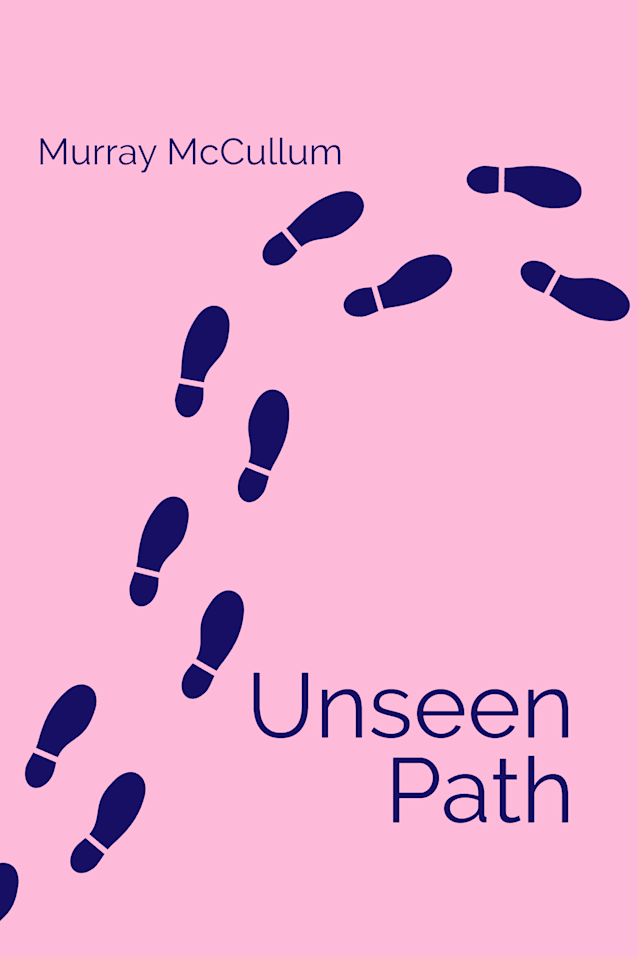Unseen Path
About
In "Unseen Path" by Murray McCullum, a powerful coming-of-age narrative unfolds, intricately exploring themes of grief, connection, and the psychological complexities of teenage disillusionment. The story centers on a disenchanted youth who navigates the tumultuous waters of adolescence, marked by a profound sense of alienation and a yearning for understanding in a world that often feels overwhelming.
As the protagonist embarks on their journey through a vibrant urban landscape, they are confronted with the stark realities of life, which serve as both a backdrop and a catalyst for introspection. The city, with its bustling streets and myriad of encounters, becomes a character in its own right, reflecting the chaotic nature of the protagonist's inner world. This setting amplifies the feelings of isolation experienced by the youth, who grapples with the loss of a cherished sibling. This grief shapes their perspective and propels their quest for meaning and connection.
Throughout the narrative, the protagonist engages with a diverse cast of individuals, each representing different aspects of adulthood. These encounters are rich with emotion and insight, revealing the allure of social acceptance as well as the disillusionment that often accompanies it. Through fleeting friendships, romantic interests, and chance meetings, the protagonist not only seeks companionship but also wrestles with the harsh truths of growing up. Each interaction serves as a mirror, reflecting their own struggles and desires, and prompting questions about identity and purpose.
The themes of innocence and experience are woven throughout the story, as the protagonist navigates the delicate balance between maintaining their youthful ideals and confronting the complexities of adult life. They yearn for authenticity in their relationships, yet are often met with disappointment as they uncover the façades that others maintain. This emotional turmoil enhances the narrative's depth, inviting readers to empathize with the protagonist's quest for genuine connection amidst a backdrop of superficiality.
As the protagonist's journey progresses, moments of epiphany emerge, illuminating the path toward self-acceptance and personal growth. They begin to understand that the world, while often harsh and unforgiving, also holds the potential for beauty and resilience. Through their reflections, the protagonist learns to embrace vulnerability and the lessons learned from both joy and pain, ultimately leading to a deeper understanding of themselves and their place in the world.
"Unseen Path," although a work of fiction, resonates powerfully with both adults and young adults alike. It offers a nuanced perspective on the trials of youth and the relentless search for connection in an often chaotic world. The novel's rich thematic depth and character-driven storytelling invite readers to reflect on their own journeys of self-discovery, the challenges of finding meaning in adulthood, and the importance of forging authentic relationships. Through its exploration of grief, connection, and personal growth, McCullum crafts a compelling narrative that lingers long after the final page is turned, making "Unseen Path" an unforgettable exploration of the human experience.
